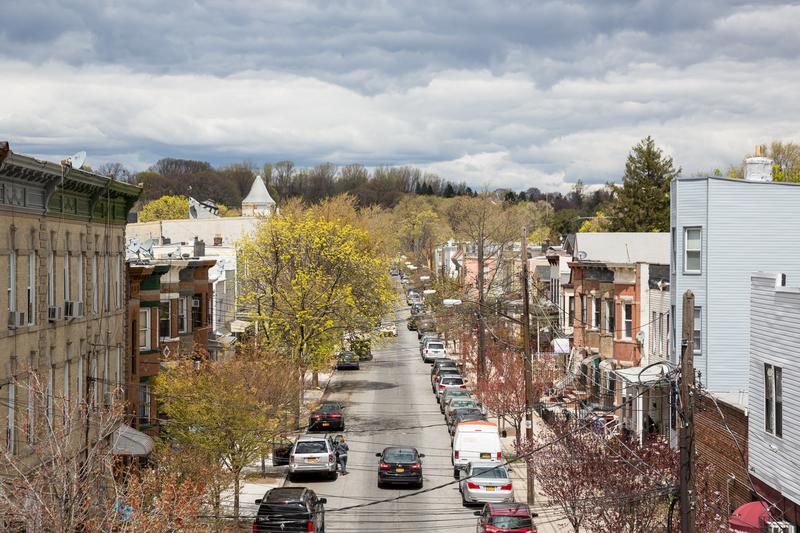
Two New York City council committees have signed off on a controversial plan to rezone East New York, setting the stage for a vote by the full council next week.
Councilmember Rafael Espinal, who represents the area, said he negotiated changes that will require developers to build more affordable apartments in the neighborhood.
The de Blasio administration wants to rezone 15 neighborhoods across the city to promote affordable housing and economic development. The revised plan for East New York calls for 20 percent of new housing to be set aside for households of three making about $31,080, or 25 percent of new housing for those making about $46,620 (with 10 percent of those apartments set aside for people making about $31,080).
Espinal said the administration also agreed to substantially boost its investment in local infrastructure, increase help for homeowners, prolong anti-harassment programs for tenants, and provide hundreds of vouchers to help homeless families find housing.
Espinal said the plan isn't perfect, but it has improved. "I fought for a better plan. And I'm proud that the plan we're voting on today is vastly better than the one that was sent to us months ago," he said.
Council members congratulated Espinal for winning the reforms. Council member David Greenfield, who chairs the Committee on Land Use, called it a "unicorn" deal. "It is quite literally the best community affordable housing plan ever in the history of New York," he said. Greenfield said he doubts the other 14 neighborhoods with proposed rezonings will get as many concessions.
But many community activists decried the deal. They said the new housing still won't be affordable to East New York's poorest residents, including nearly half of the neighborhood's households that make less than $30,000 dollars a year.
"The East New York rezoning is a life-or-death issue for the low-income people of color in the neighborhood and today New York City Council just issued a death sentence," said a statement from Bertha Lewis, president of the Black Institute. "Shame on the mayor for proposing a plan that leaves out so many neighborhood residents, and shame on Council Member Espinal for siding with developers, gentrification, and the mayor over his constituents.”
The city says it will use subsidies to make sure apartments are affordable to those residents as well, and require even deeper affordability for some units on private and public land. The administration anticipates 1,200 new affordable apartments to be built in the area over the next two years, and as many as 7,000 in a decade.
